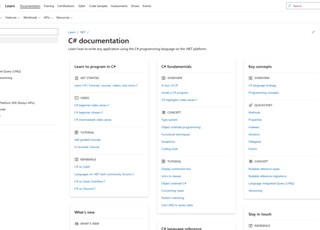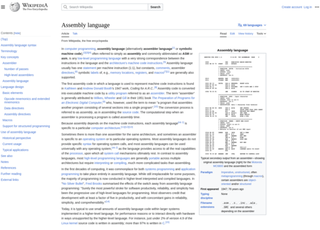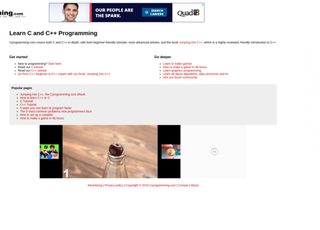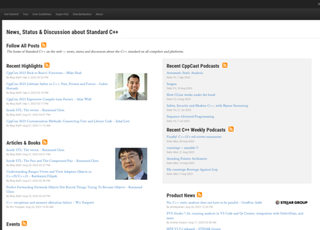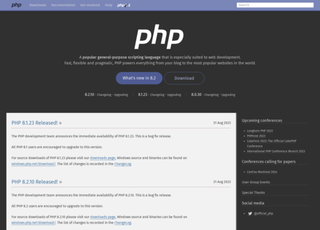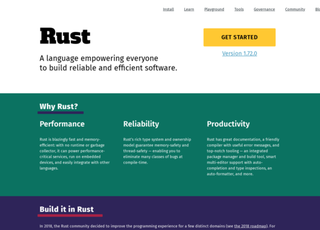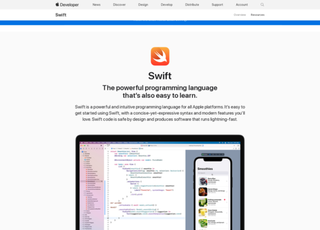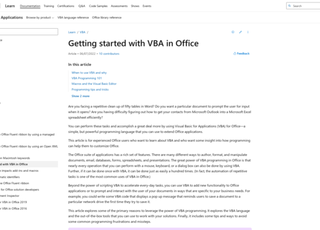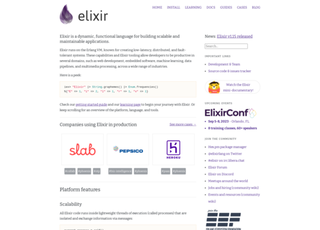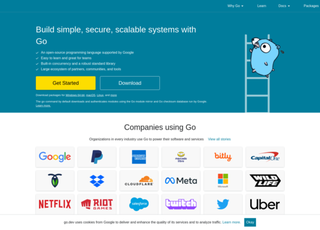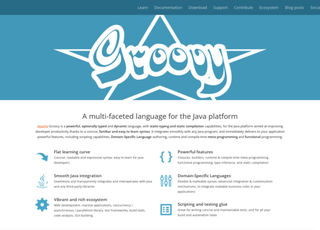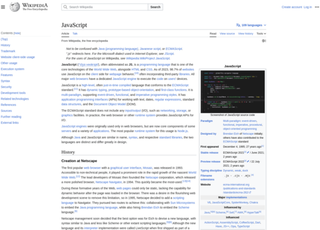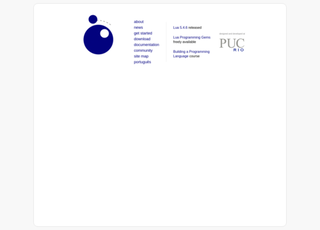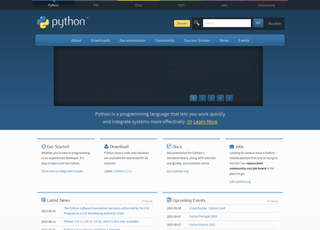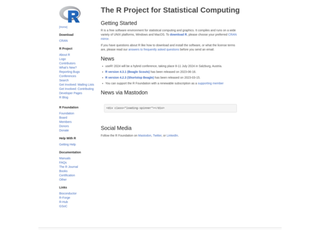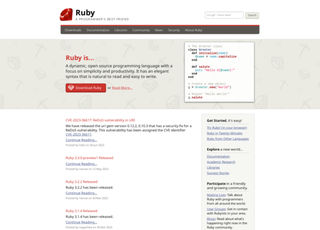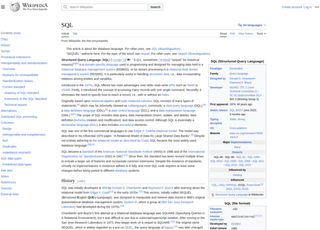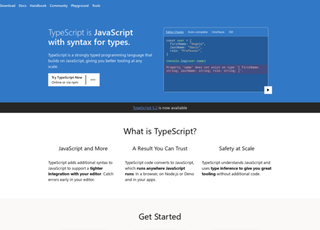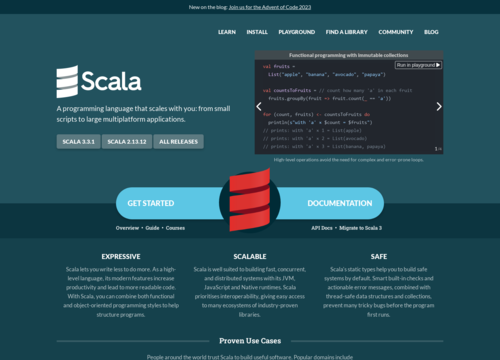Kotlin
https://kotlinlang.org/Kotlin
Kotlin is a modern, statically-typed programming language that runs on the Java Virtual Machine (JVM). It was developed by JetBrains, a company known for creating integrated development environments (IDEs) for software developers.
One of Kotlin's main attractions is its interoperability with Java, which means you can use Kotlin and Java code side by side in the same project. This feature has been a significant factor in its rapid adoption, especially among Android developers.
Kotlin aims to be more concise than Java. By reducing the amount of boilerplate code required, Kotlin allows developers to write more readable and maintainable code. For example, Kotlin has a more succinct syntax for data classes, and it handles null safety at the language level, reducing the risk of null pointer exceptions, a common issue in Java.
Additionally, Kotlin supports functional programming features like higher-order functions, function types, and lambdas, making it a good fit for developers looking to use functional programming techniques.
Kotlin also has a feature called coroutines, which simplifies asynchronous programming. This is particularly useful in the development of Android apps, where managing multiple threads can be challenging and error-prone.
Since 2017, when Google announced Kotlin as an official language for Android development, its popularity has surged. It's not just limited to Android, though; it's also used for server-side development, web development, and even desktop application development.
Kotlin's community is growing, and its ecosystem is expanding with a range of libraries and frameworks, making it a versatile choice for modern software development projects.
Kotlin's design philosophy emphasizes practicality and safety. The language designers have carefully balanced new features with a pragmatic approach, ensuring that Kotlin remains both powerful and easy to understand. This approach has led to features like extension functions, which allow developers to add new functions to existing classes without modifying their code.
Another notable aspect of Kotlin is its null safety feature. Kotlin's type system is designed to eliminate the null reference errors that are often seen in Java. Variables in Kotlin are non-nullable by default, and if you need a nullable variable, it has to be explicitly declared. This feature alone can significantly reduce the number of runtime crashes due to null pointer exceptions.
Kotlin also offers a range of modern language features like properties (fields with built-in getters and setters), primary and secondary constructors, range expressions, type inference, and a streamlined syntax for instance checks and casts (is and as keywords).
For Android development, Kotlin provides extensions (KTX) that further simplify the interaction with Android APIs, making code more concise and idiomatic. This aligns well with the modern Android development practices and Jetpack libraries.
Kotlin is not just limited to the JVM; it can also be compiled to JavaScript and native binaries. Kotlin/JS enables developers to write frontend web applications using Kotlin, and Kotlin/Native allows for compiling Kotlin code to native binaries which can run without a virtual machine. This makes Kotlin a multi-platform language, suitable for a wide range of applications beyond just Android or JVM-based environments.
In summary, Kotlin is a modern, versatile programming language that offers a range of features designed to improve developer productivity and application safety. Its interoperability with Java, concise syntax, and powerful features like coroutines and null safety make it an increasingly popular choice for various types of software development projects.





















